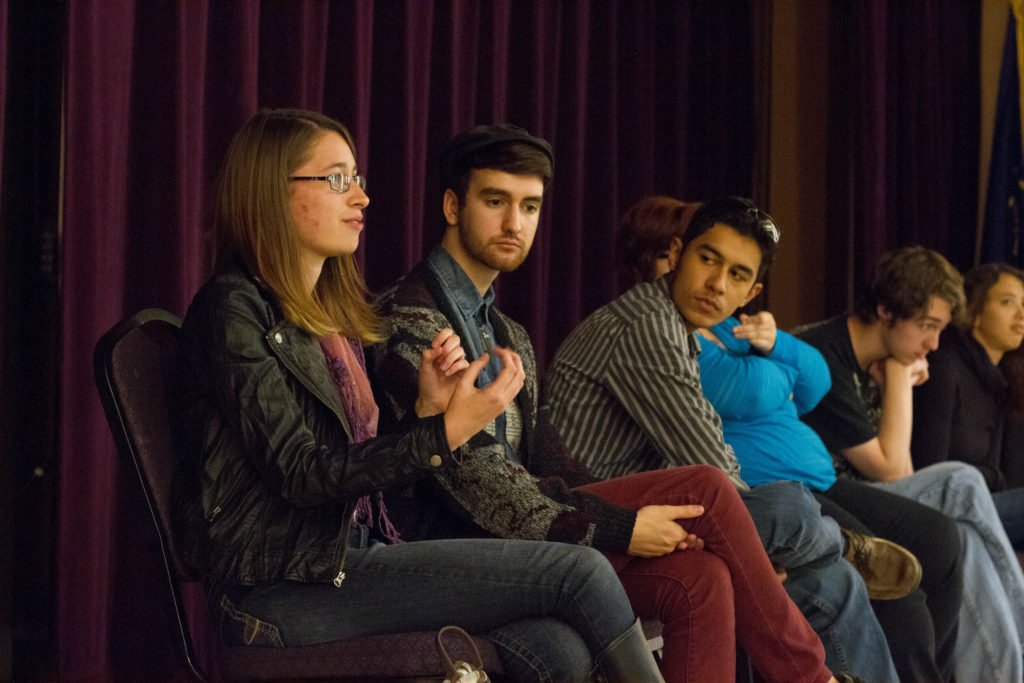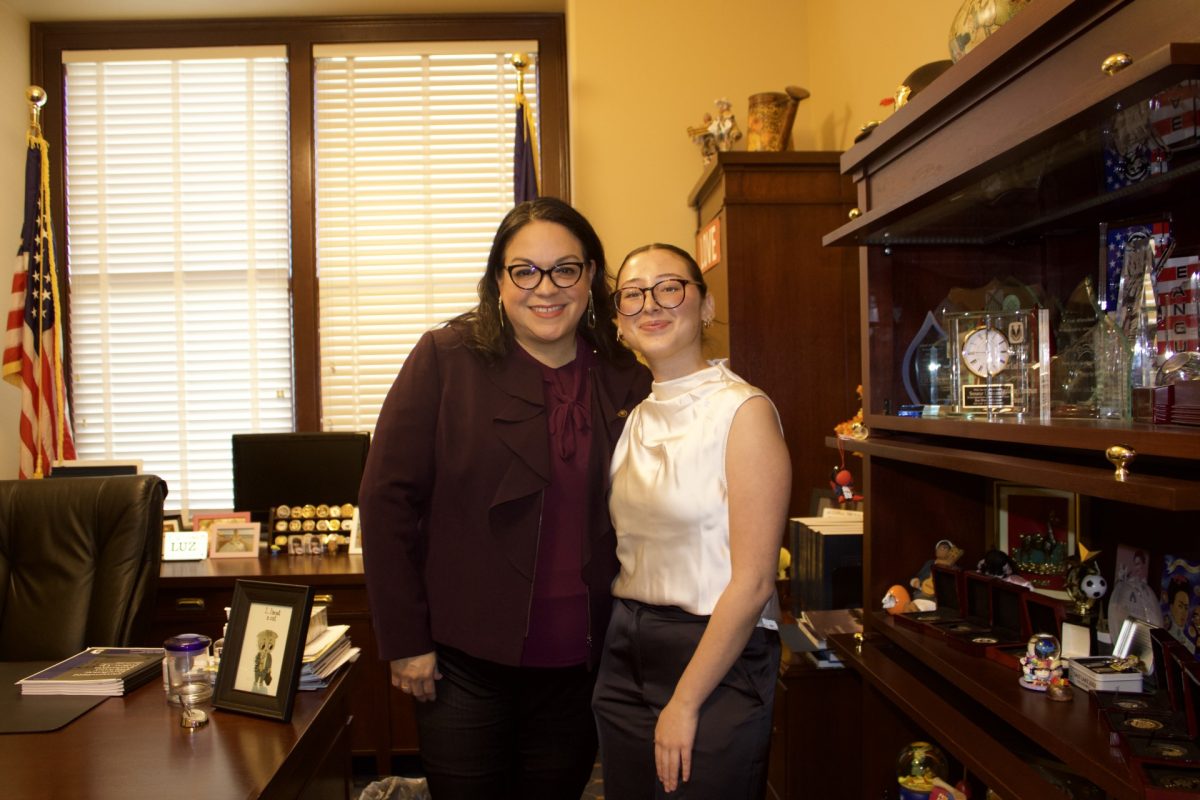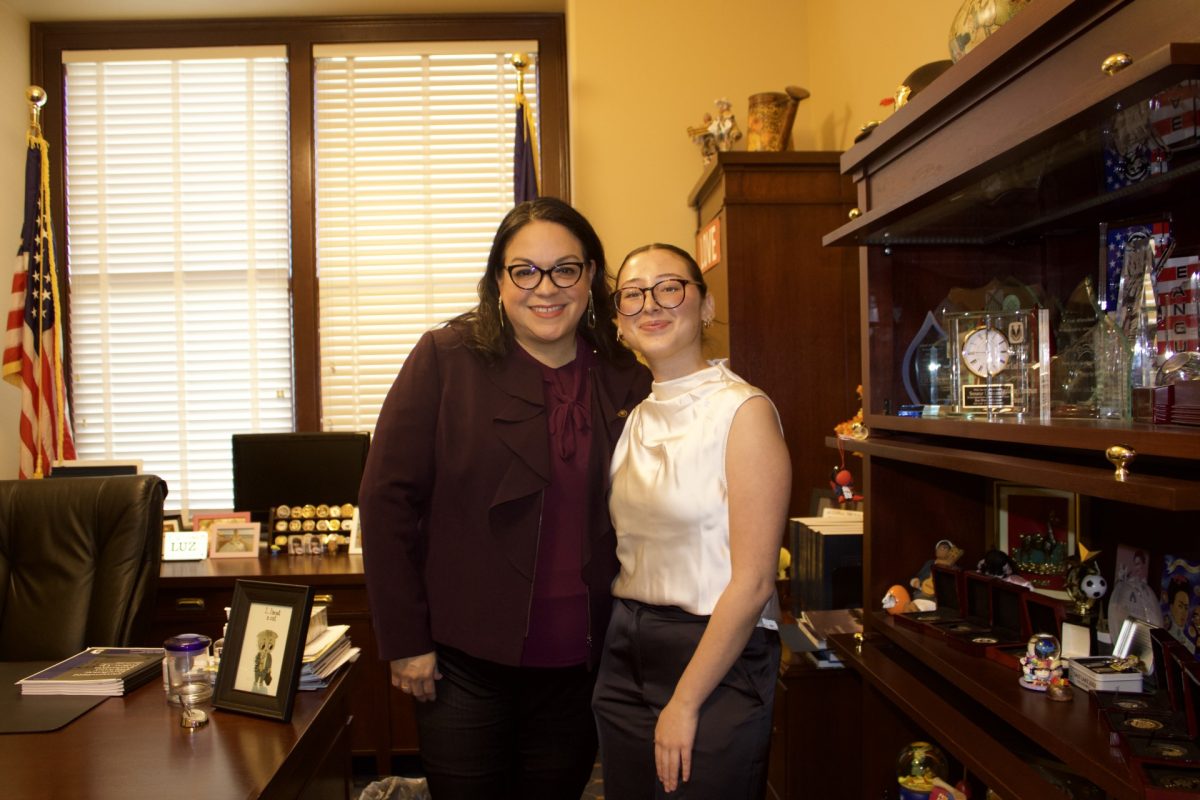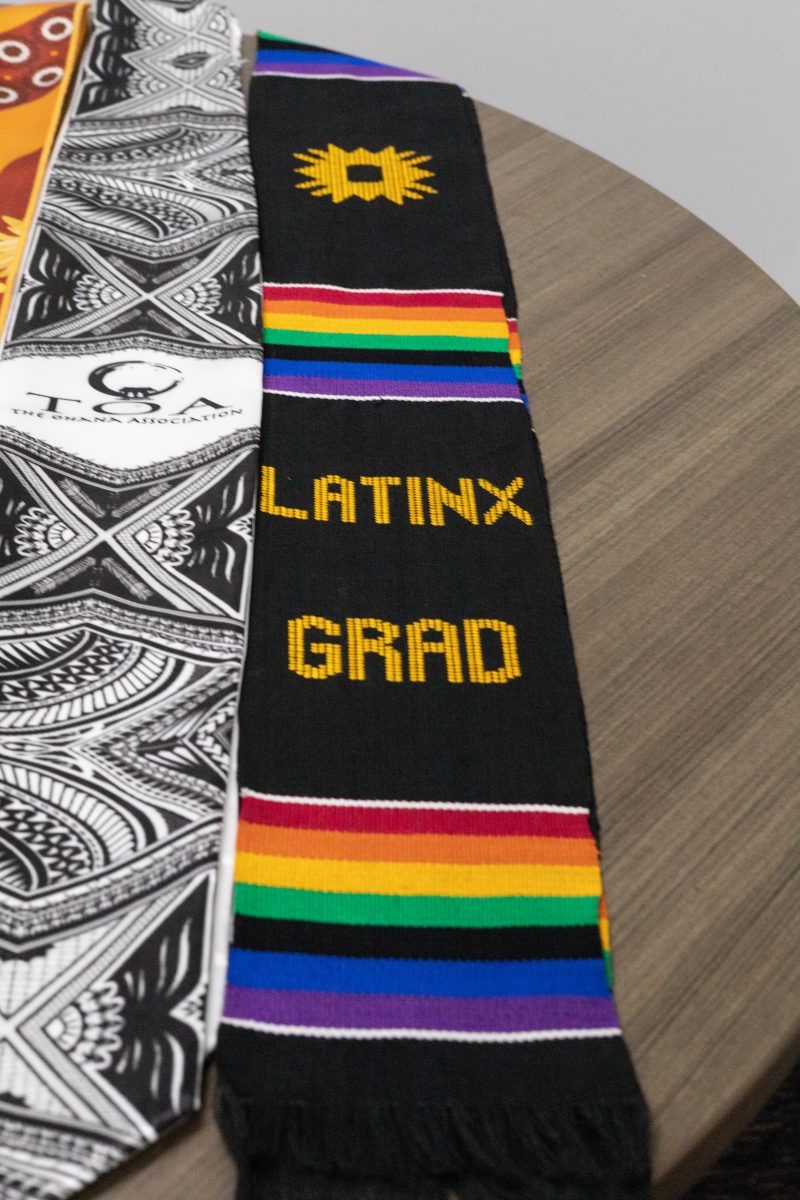
Recognizing and understanding alternate identities: that is what the LGBT community aims to accomplish. In honor of the LGBT community and its history month, Weber State’s LGBT Resource Center hosted a panel discussion on what it means to identify as asexual, agender and aromantic.
The panelists not only discussed what it means to identify as one or more of these identities, but their personal experiences that came along with identifying and what they would like people to know.
An agender person has no gender identification or find that they have a gender identity that is not found on the gender binary.
“I didn’t know the word agender until about a year ago,” said Quinn Shyr. “And when I did, it felt like a huge weight lifted off my shoulders.”
Identifying as an agender person can mean that you do not personally identify with gender as a whole. Words like man, woman, guy or girl are words that can make the person who identifies as agender uncomfortable.
“I’ve had people say things like ‘You’re a good young man,'” said Josh White, a panelist. “Words like that just didn’t feel right.”
Asexuality is when a person does not experience sexual attraction. The spectrum for asexuality can vary from person to person. On one end, one person may feel disgusted by the entire idea and act of sex, while others may feel more of an indifference towards it.
Being an asexual person does not mean that there is no sex or sex drive. It relates specifically to sexual attraction.
“It’s a small minority, but that doesn’t mean we’re not there,” said Sierra Hawkins, referring to the asexual community.
Aromanticism is defined as someone who identifies as having little or no romantic attraction to others. Romantic attraction can be be emotional or physical.
Aromantic people are often satisfied with friendships, or friendship-like relationships, that are non-romantic. This can lead to future troubles when it comes to dating.
Often times, according to panelist Trevon McBride, when an aromantic person tries to start dating someone who doesn’t identify the same as them, it leaves the aromantic person feeling selfish or guilty because they can’t give the other person what they need.
But all the panelists agreed that communication is very important.
“There needs to be open communication about what you both want and need,” said Hawkins.
Communication can even branch out to those who are still learning about the LGBT community and want to know more. Members of the LGBT community encourage others to ask questions but to be understanding and accepting while doing so.
“Acknowledge that our feelings are real,” said Hawkins.
What it all comes down to is following the golden rule. If you don’t want to be treated a particular way, then don’t treat anyone else that way.
Or as McBride simply put it: “Moral of the story: try and understand, and don’t be a dick.”








